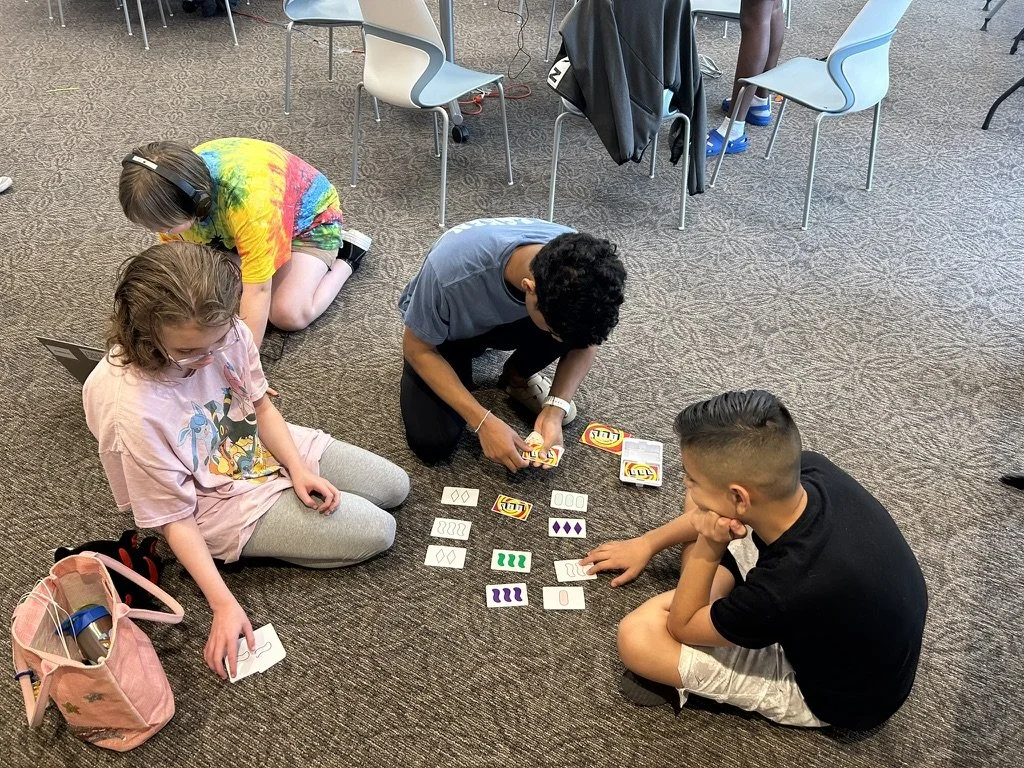In this ever changing digital world, it is important for children to learn some coding skills. While we’re learning these digital concepts, it can be easy to forget there are other forms of learning. There are plenty of ways to get kids involved and learning computer science and programming skills that don’t involve a computer. Unplugged activities that complement coding skills are abundant and we have a few we recommend trying today.
Tinkering with Hardware
As children, and as adults, tinkering with things can be a fun learning experience. Interacting directly with hardware provides students the tangible sense of how software and hardware integrate. Raspberry Pi kits are a great tool for students to learn how to build their computer and find out how different components interact. Arduino kits provide an introduction to microcontrollers and how they are programmed for diverse tasks.
Books on Computational Thinking and Coding Concepts
A number of books explore computational thinking, coding concepts, and the history of computer science. Books offer a more in-depth exploration on these concepts, allowing students to see coding through different perspectives. Computational Fairy Tales by Jeremy Kubica introduces principles of computational thinking while illustrating high-level computer science concepts with the motivation behind them, and their application in a fairy tale setting. Secret Coders by Gene Luen Yang is a graphic-novel series that combines logic puzzles and basic coding instructions with a page-turning mystery plot. You can find more coding books on our past blog.
Unplugged Coding Worksheets
There are great resources out there that have designed fun unplugged activities to help students learn about coding concepts without a computer. CS Unplugged is a collection of free learning activities that teach computer science through engaging games and puzzles. You can also do simple exercises such as writing a set of “instructions” to make a peanut butter and jelly sandwich to introduce algorithmic thinking.
Logic Puzzles and Board Games
In a subtle way, puzzles and board games can introduce and reinforce computational thinking, problem-solving, and logic, things we all need and use in programming. Board games like “Robot Turtles” and “Code Master” directly emphasize coding logic and sequencing. At Youth Code Jam, we have two board games. Boolean Express teaches conditional logic while Berriables explores the use of variables in computer science by declaring and then actively changing them throughout play. You can also play classic logic puzzles such as Sudoku and nonograms, to help with problem-solving and analytical thinking.
Integrating unplugged activities that complement coding your young coders’ programming journey is something we should make time for. Unplugged activities provide diverse perspectives, encourage hands-on engagement, and often explores the more broader societal and ethical contexts of technology. By integrating both online and offline resources, educators and parents can offer a balanced, holistic approach to coding education.

